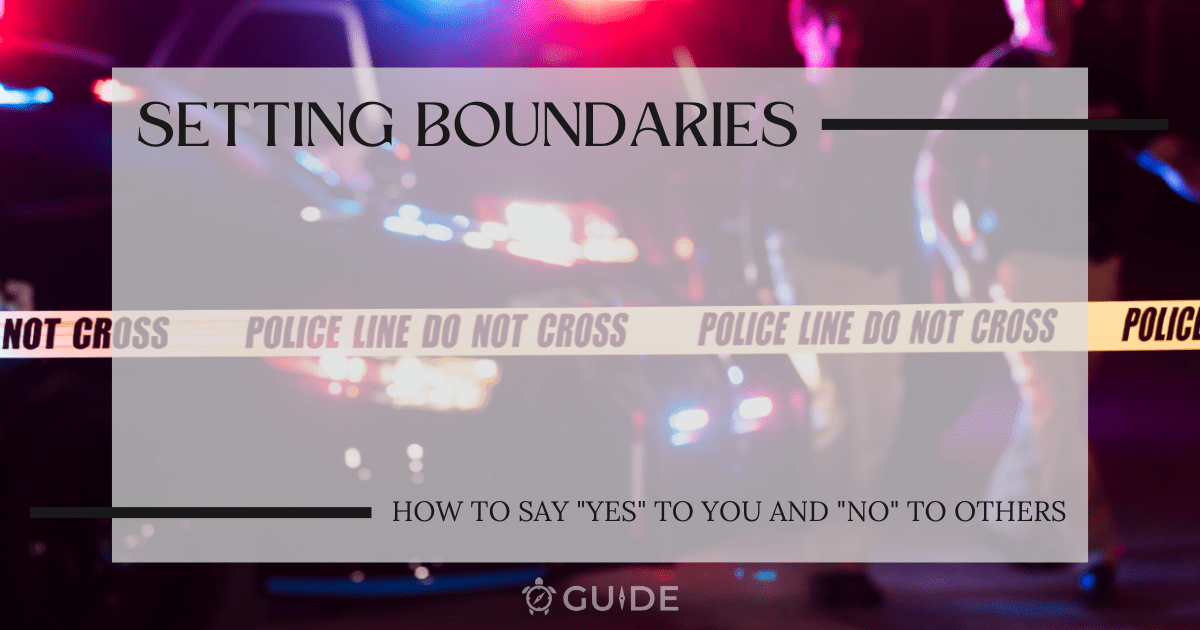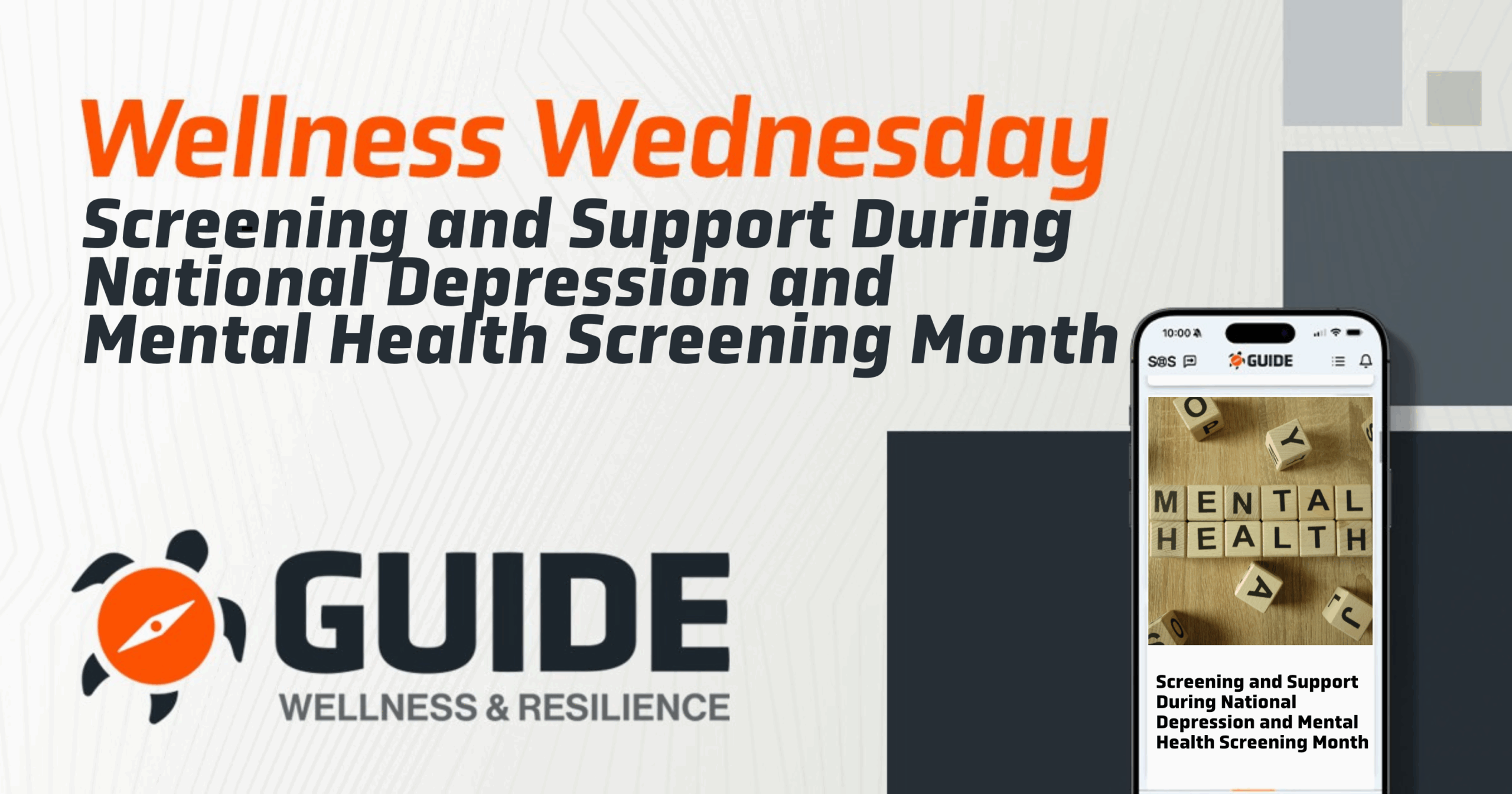by Danielle Rose Allen
Do you often find yourself agreeing to things you don’t want to do? Do you feel guilty when you say “no” to someone? Do you tend to put other people’s feelings and desires ahead of your own? If you answered yes to any of these questions, that’s a strong indicator that it’s time to take control of your life and start setting boundaries. Boundaries are essential to your mental and emotional health. They help you to establish limits and protect yourself from negative energy. Let’s explore the art of setting boundaries, how to say yes to you and no to others, and how to deal with difficult people who challenge your boundaries.
What are Boundaries and Why are They Important?
Boundaries are the invisible lines that we draw between ourselves and others that define our personal limits – what we’re comfortable with, what we’re not, and how we expect to be treated – and help us stay in the driver’s seat of our lives. Boundaries are not selfish, rather, they are essential to maintaining healthy relationships. Setting boundaries means saying “yes” to what you want and “no” to what you don’t want. Boundaries are important because they help you maintain your self-respect and protect yourself from being taken advantage of or mistreated.
By setting boundaries, you communicate your needs and expectations to others. You also give yourself permission to prioritize your own needs and feelings, which helps you to be more authentic and show up with confidence in your relationships. It’s important to remember that setting boundaries is not a one-time event, but rather an ongoing process that requires practice and commitment.
How to Say Yes to You and No to Others
Learning to say “no” can be difficult, especially if you’re used to putting other people’s needs before your own. However, saying “no” is a powerful way to take control of your life and prioritize your own needs. Here are some tips for saying “yes” to you and “no” to others:
- Identify your priorities: Before you can set boundaries, you need to know what your priorities are. Take some time to reflect on what’s important to you and what you want to achieve in your life.
- Be assertive: When setting boundaries, it’s important to be assertive and communicate your needs clearly. Use “I” statements to express how you feel and what you want.
- Practice self-care: Setting boundaries can be emotionally draining, so it’s important to take care of yourself. Make time for activities that make you happy and reduce stress, such as exercise, meditation, or spending time with loved ones.
How to Deal with Difficult People Who Challenge Your Boundaries
Setting boundaries can be challenging, especially when dealing with difficult people who don’t respect your limits. Here are some tips for dealing with difficult people:
- Stay calm: It’s important to stay calm and composed when dealing with difficult people. Avoid getting defensive or aggressive, and try to stay objective.
- Be firm: When someone challenges your boundaries, it’s important to be firm and stick to your position. Use “I” statements to communicate how their behavior is impacting you, and don’t back down in deference to someone who is attempting to get you to move (or remove) a boundary.
- Seek support: Dealing with difficult people can be emotionally draining, so it’s important to seek support from friends or a professional therapist if necessary.
Setting boundaries is a vital component of self-care and maintaining healthy relationships. By learning to say “yes” to yourself and “no” to others, you can take control of your life and prioritize your own needs. Remember that setting boundaries is an ongoing process that requires practice and commitment, but the benefits are well worth the effort.
You can learn more about establishing and enforcing boundaries inside The GUIDE App. Click here to discover how you can bring cutting edge coursework, micro-learning modules, proven daily practices, and peer support to your team or department.




